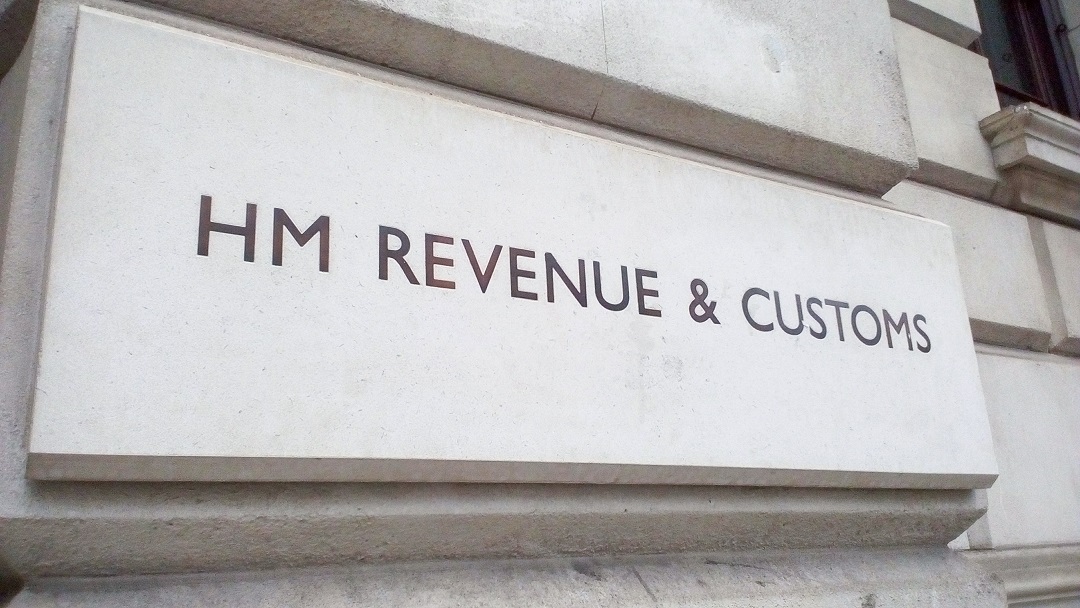SME borrowing problems lie ahead as HMRC is now a preferential creditor who will be paid ahead of floating charge or unsecured creditors in the event of a company insolvency.
What does this mean for businesses trying to raise working capital finance?
Previously, under the Enterprise Act 2002, creditors of an insolvent business were paid out of available funds by a liquidator in the following order:
- Fixed charge creditors
- Ordinary preferential creditors (effectively employees)
- Secondary preferential creditors (FSCS)
- Prescribed part carve out
- Floating charge creditors
- Unsecured creditors (incl HMRC)
From 1 December 2020, the Finance Act 2020 means HMRC is now a ‘secondary preferential creditor’ to be paid before floating charge creditors. This is important, because HMRC is often one of the largest creditors in an insolvency. Businesses collect various taxes (PAYE, NI, VAT) paid by their customers and employees, on behalf of HMRC, so if a business fails it usually fails with substantial amounts owed to HMRC in taxes collected, but not yet paid over.
Before the change, HMRC may not recover this tax revenue if there were also amounts owed by the insolvent business to floating charge creditors. This is because there would often be no funds left for distribution to HMRC once fixed charge and floating charge creditors had been paid all, or some, of what they were owed.
HMRC describe the change as necessary to “ensure that when a business becomes insolvent, more of the taxes paid in good faith by that business’ employees and customers will fund public services, rather than these being distributed to other creditors such as financial institutions”.
That’s HMRC’s view, but many business lenders who rely on floating charges for security may have a different opinion.
Small and medium sized enterprises (SME’s) are often called the “engine room” of the economy. They require flexible working capital facilities in order to trade successfully as a cash gap exists between purchasing and selling goods. That gap can be bridged in many ways including taking credit from suppliers, taking deposits from customers, selling shares to raise equity, directors’ loans, the list goes on.
A common source of working capital finance for SMEs is a revolving working capital facility, secured via a debenture on the business. A debenture is a fixed and floating charge over all the assets of a business, assets which change daily during the normal course of trading. They enable the purchase, conversion and sale of goods without the express permission of their working capital provider at each stage.
Working capital facilities provide an agreed amount of funding to the business, usually a discounted value of the floating charge element. If the floating charge assets (usually stock that’s paid for, intellectual property, moveable plant and machinery, trade debtors not otherwise assigned, furniture, fixtures and fittings) are valued at £1m, a financier might provide a facility limit of 30%, or £300k, secured against the floating charge value. The discount takes into account inaccuracies in valuation, the cost of any process required to enforce the floating charge and the discounted sale price of the assets if sold as bankrupt stock.
Without a working capital facility, the business’s growth is restricted as the old adage “cash is king” often rings very true in SME-land. Without cash, growing businesses risk over-trading rather than growing sustainably.
The government’s move inhibits the alternative finance market in provide these facilities and could be seen as short sighted when you consider that tax is only due to be paid if businesses trade, employ and profit. VAT, NI, PAYE are all taxable aspects of trading. Without the trading, there is no tax, and without working capital facilities, there is reduced trading.
Bank lending to SME’s is not what it was twenty years ago. It’s hard for SME’s to even open bank accounts now, let alone obtain overdrafts. The Asset Based Lending market is the main source of SME working capital finance, and the amount of finance available will be reduced by the change to HMRCs preferential status.
Asset Based Lenders advance real funds, cash, into businesses and it is therefore perhaps reasonable that they would expect to be paid ahead of HMRC, a ‘passive creditor’ in so far as they are not recovering funds they have advanced to the business in the first place. A better option may have been for HMRC to restrict individuals from becoming company owners if they have a history of founding and liquidating companies and leaving substantial HMRC arrears, rather than restricting the ability of all companies to access working capital.
In any case, it has happened, and the Asset Based Lending sector is now looking at what changes they can make to ensure they remain secured and their SME customers are impacted as lightly as possible.
It remains to be seen if HMRC will now be more likely to pursue struggling companies into an insolvency process. Prior to the 1 December change, the finance sector was relatively well calibrated to HMRC’s mindset, and lenders had a good idea at what point HMRC would demand and enforce on companies rather than allowing them time to pay. These calibrations now need to be re-thought. Will HMRC act sooner than it has previously because it is better placed to recover funds in an insolvency? Such action may prejudice floating charge holders who would continue to assist a distressed business if they consider a turnaround plan to be viable.
Time will tell just how big an impact this change will have on the ability of UK SMEs to raise working capital finance, but as the economy begins to open up this year and government guarantee backed emergency loans are withdrawn, it won’t take us long to find out.
Chris Williams, co-founder and director of Seneca Trade Partners.





